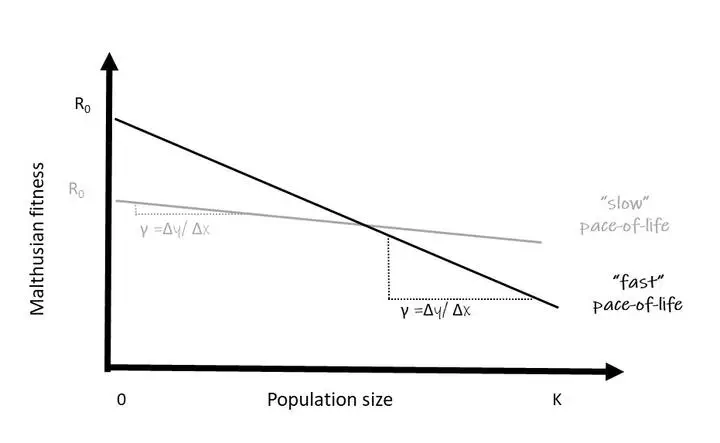Project 5: Social competition within- and among-species: drivers of pace-of-life in wild passerine birds? (Post-doc 4, 2023-)

Theory posits that trade-offs cannot by themselves maintain variation: in a given condition, there is typically one optimal way to resolve a trade-off. But theory also predicts that the optimal way to resolve a trade-off varies with ecology. Indeed, species and population variation in pace-of-life have long been attributed to variation in ecology. This key point has been largely overlooked when animal personality research started applying pace-of-life concepts to variation within populations. Recent theory proposed that the trade-off between current and future reproduction is mechanistically expressed as a trade-off between intrinsic rate of density-independent reproduction and competitive ability. As faster (vs. slower) paces-of-life are favoured when competition for resources is relaxed (vs. intensified), ecological variation causing fluctuating selection on pace-of-life may therefore explain why different behavioural types can coexist within the same population. This project will test the role of competition in driving the evolution of pace-of-life syndromes within populations, among populations, and between species. To do so we will focus on blue and great tits, which compete for resources during the breeding season and combine i) a multi-year density-manipulation experiment and ii) long-term data from multiple populations via the SPI-birds network.